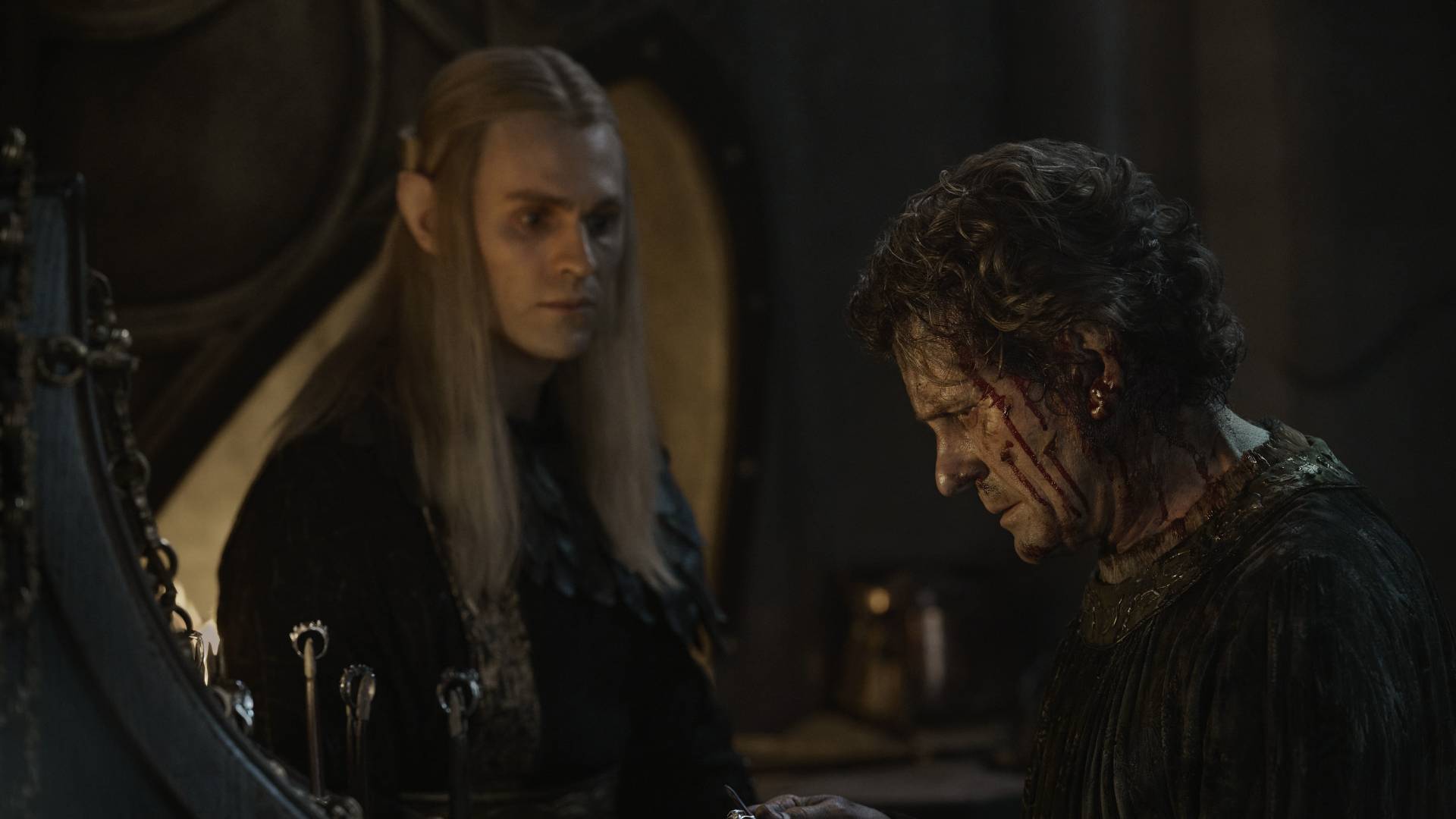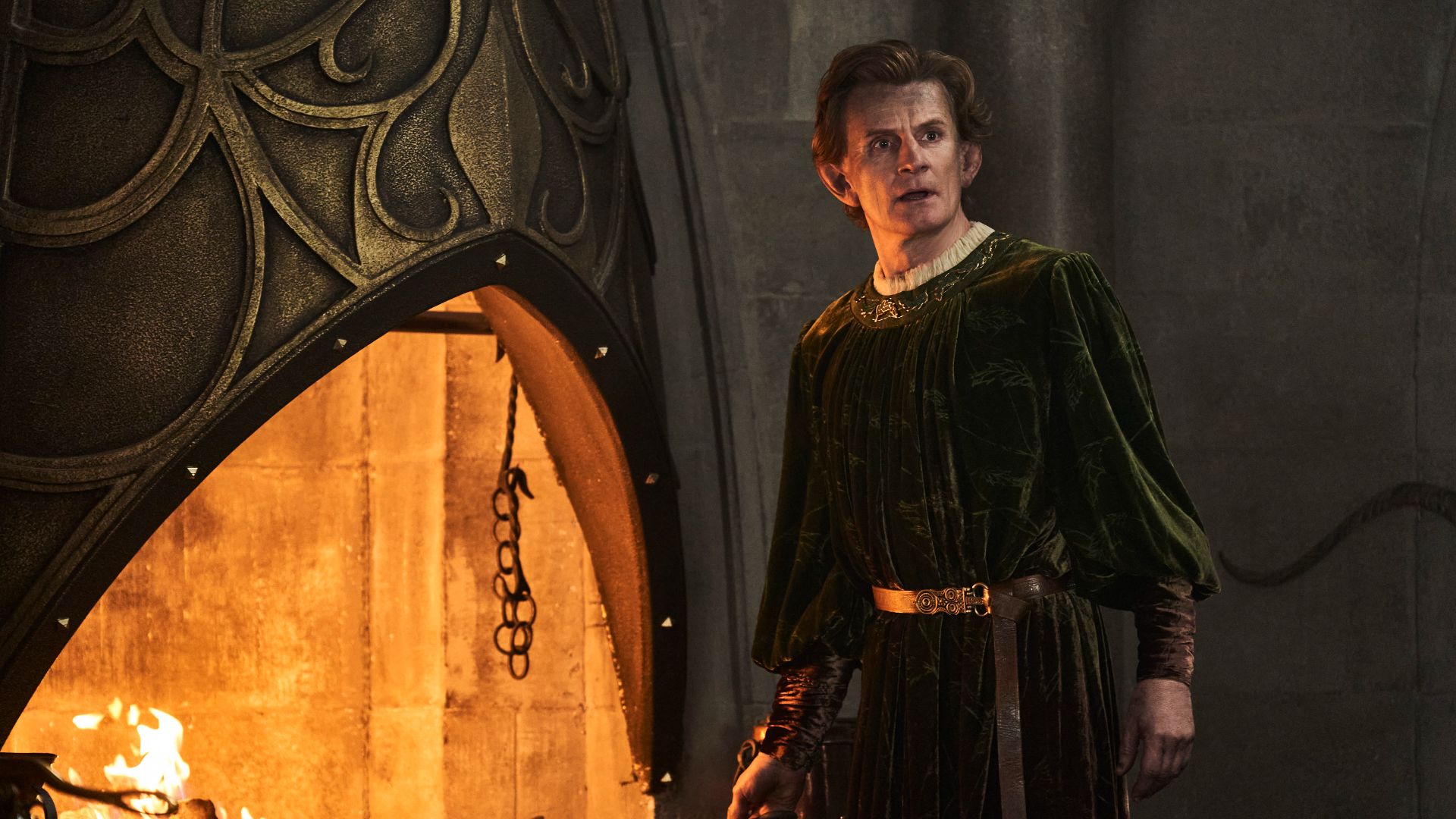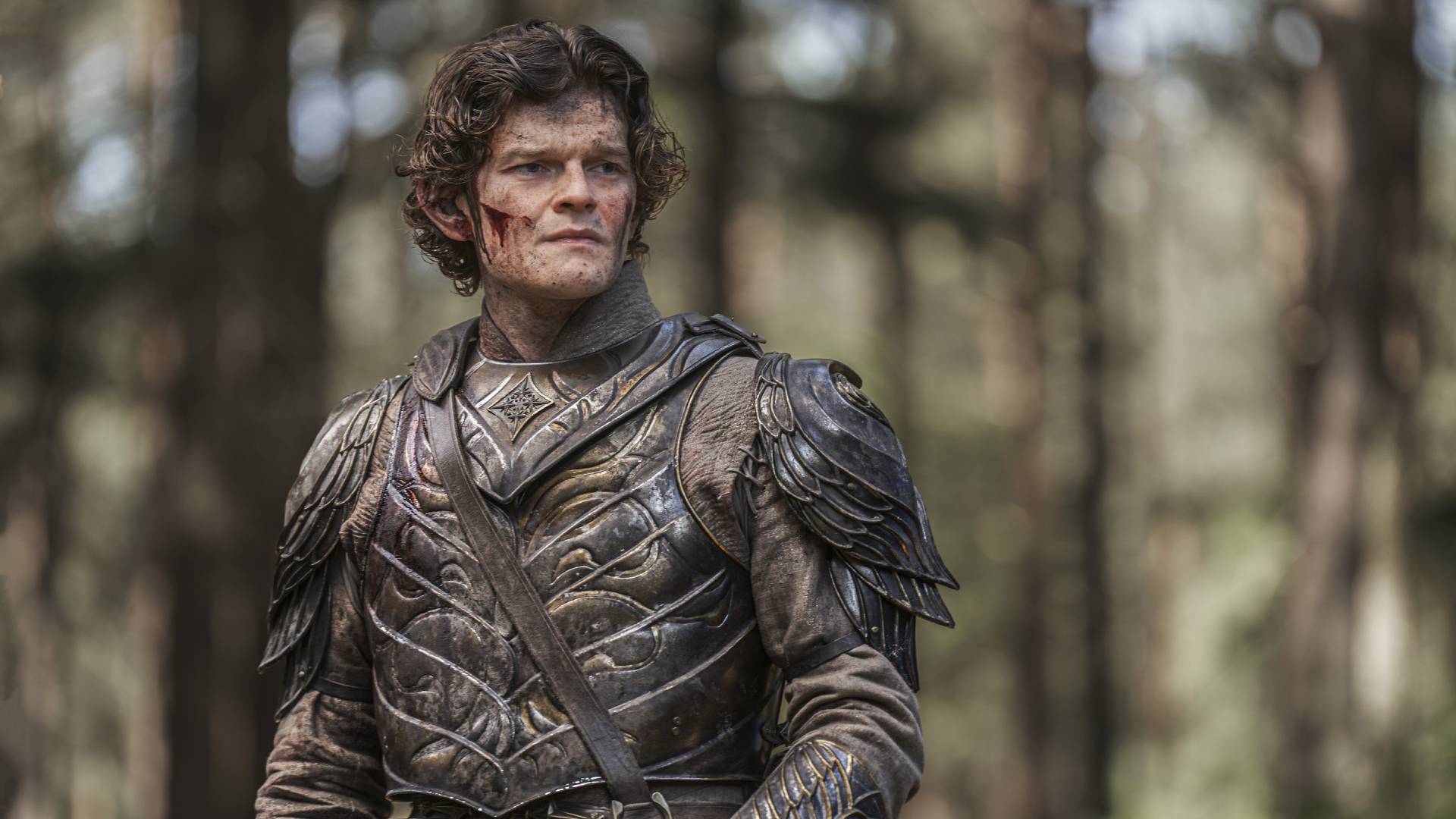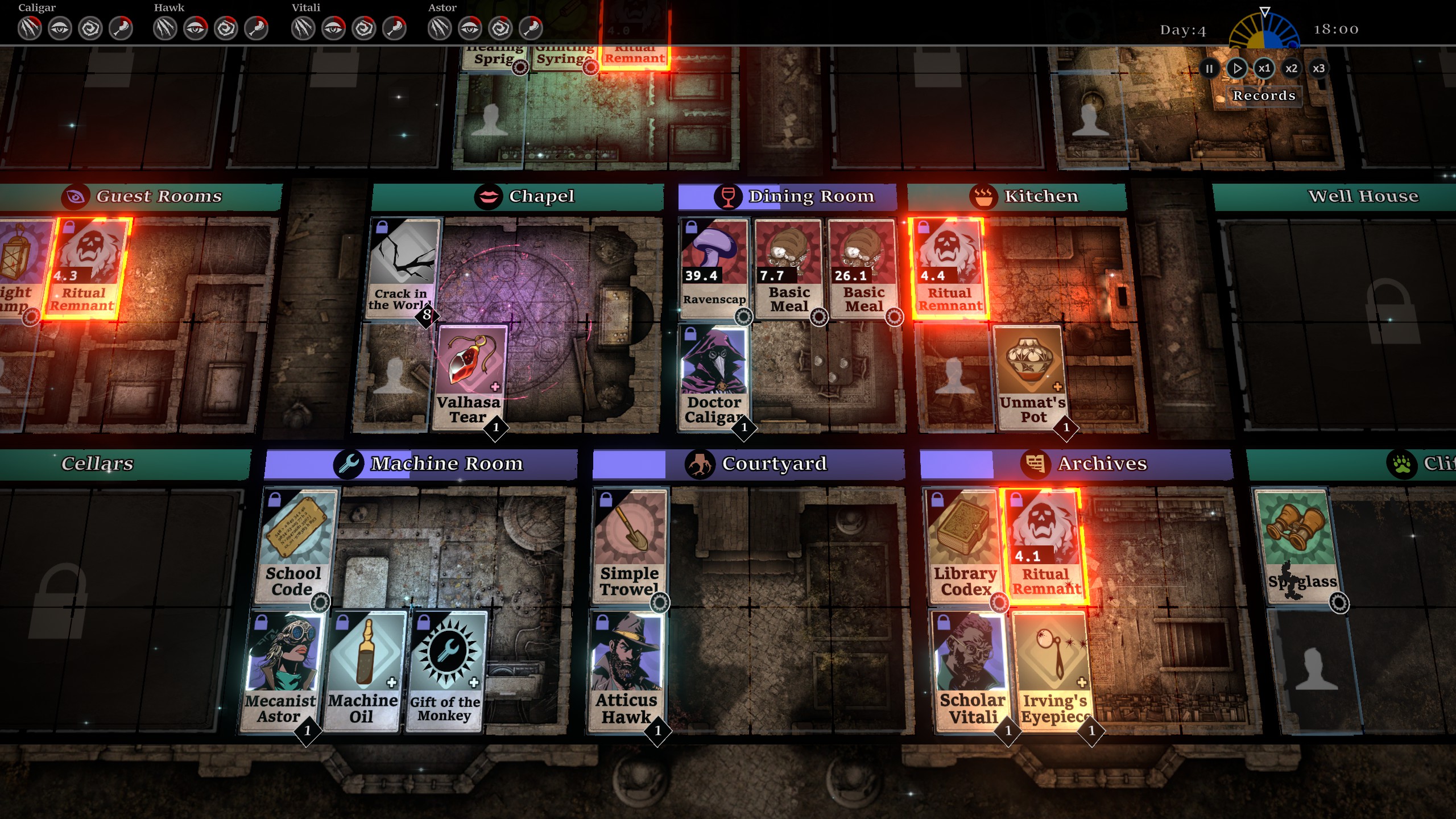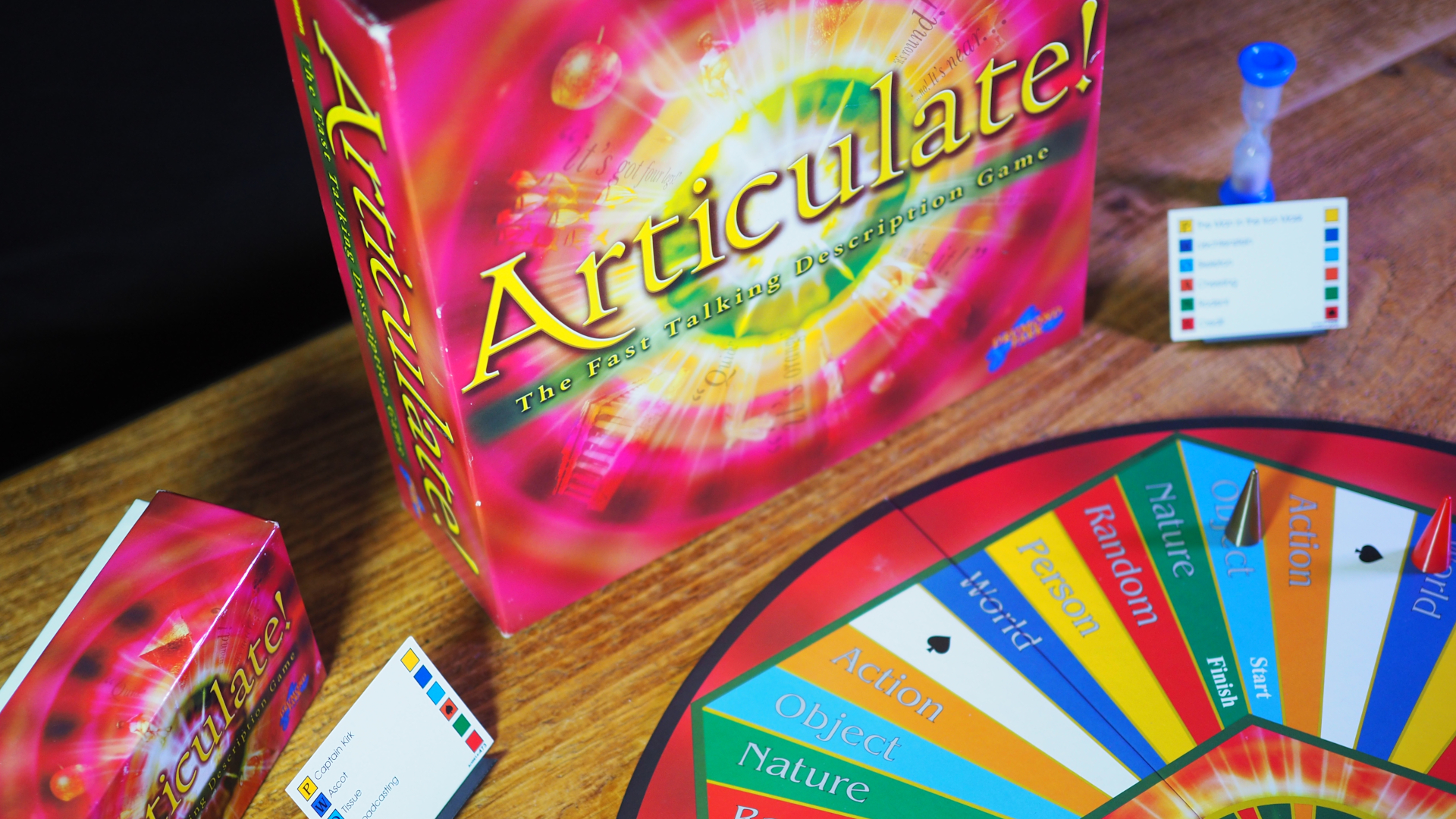When you purchase through links on our site, we may earn an affiliate commission.Heres how it works.
Warning: This feature contains major spoilers for The Rings of Power season 2 finale.
So far The Rings of Power has had mixed results with introducing new characters to Tolkiens world.
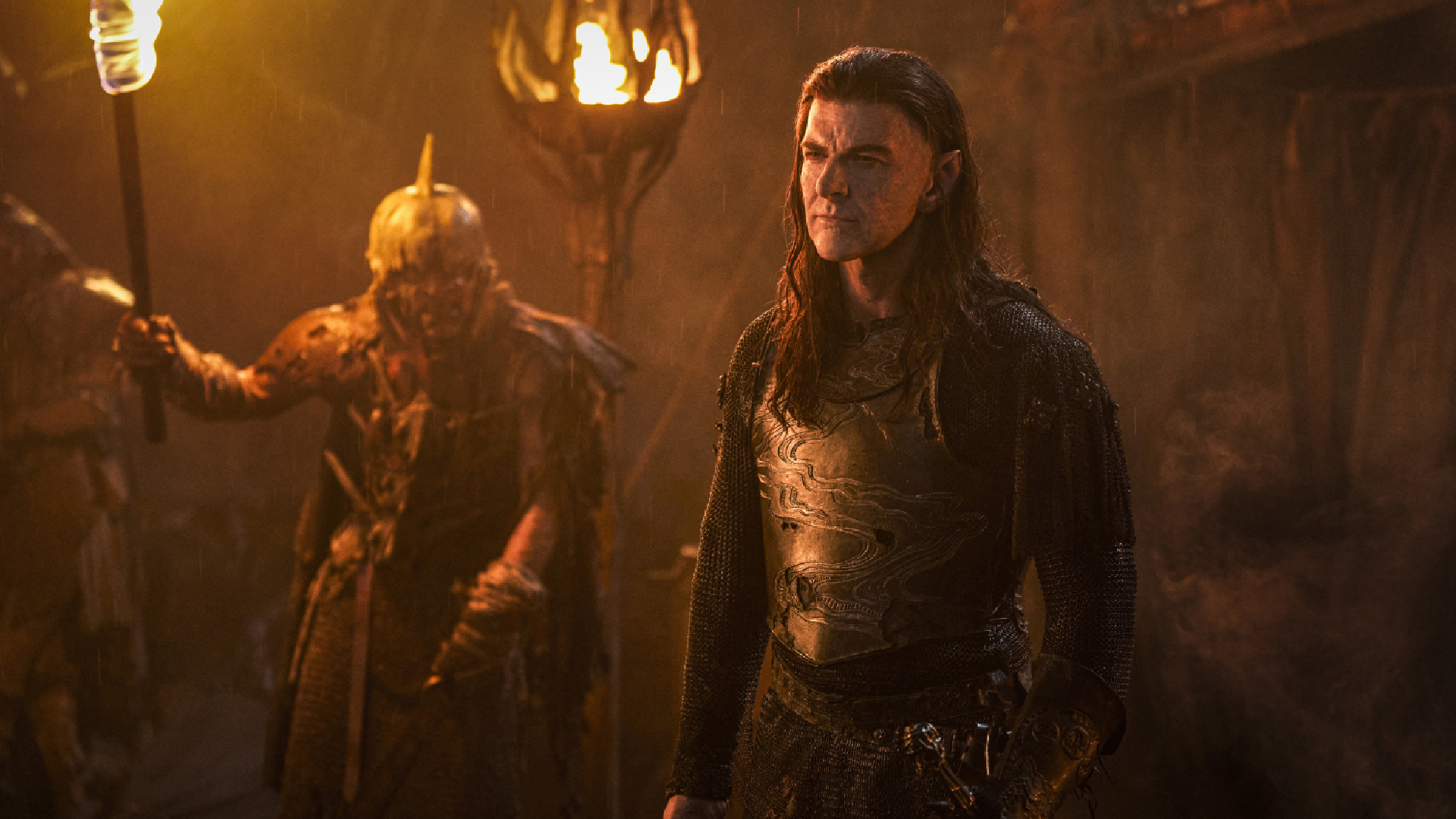
Meanwhile Arondir was frustratingly sidelined this season.
He receives some of the most thought-provoking writing this season including his tragic death in the finale.
As one of the shows main villains, Adar obviously isnt a traditional version of this trope.
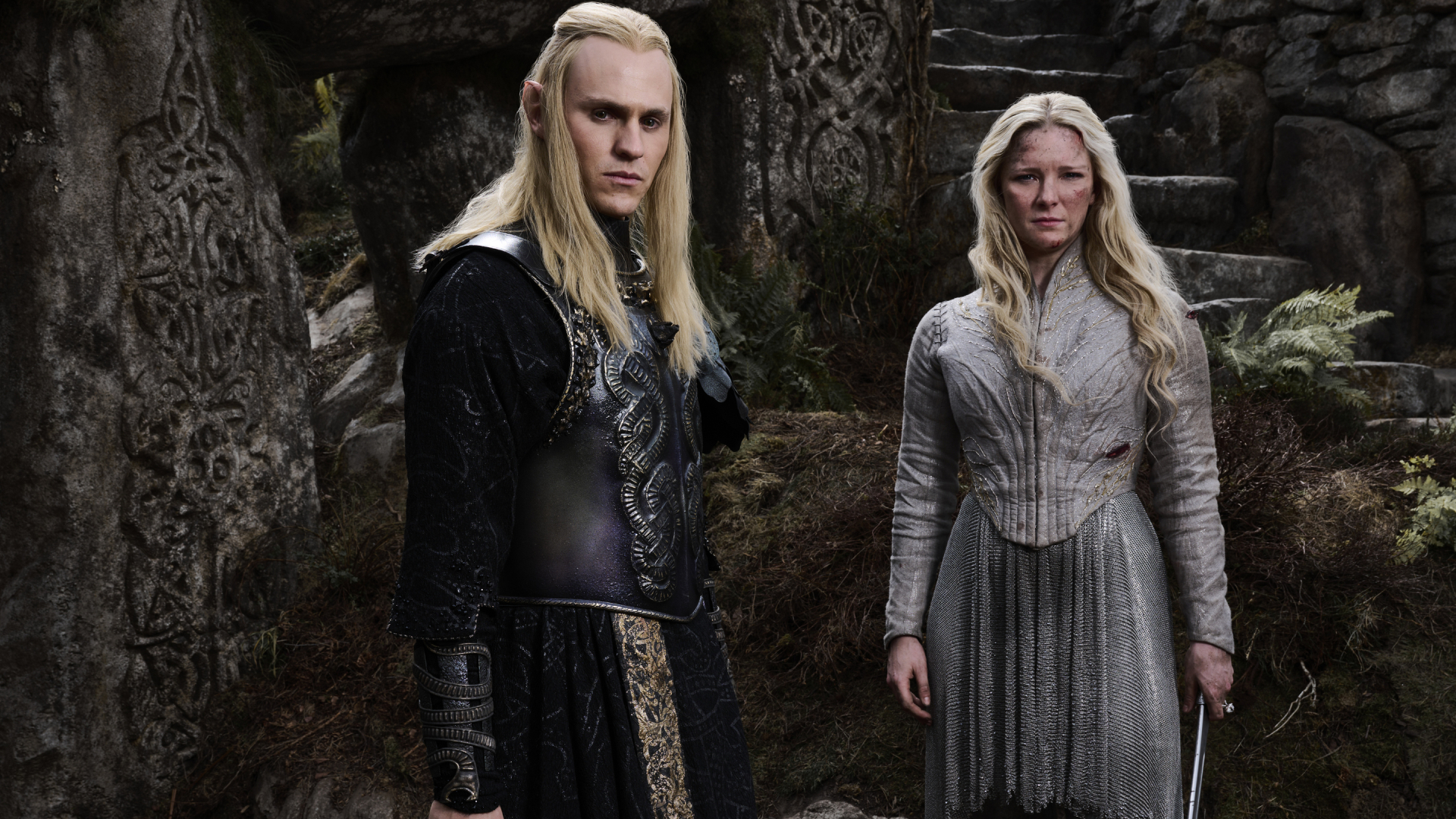
His army attacks peaceful civilians, and his leadership style is hardly cozy.
By killing Adar, the orcs sentence themselves to generations of cruel servitude.
And thats a key reason why Adar is such an effective character.

Characterized as a sympathetic alternative to Sauron, Adar introduces thepossibilityof Orc redemption without rocking the boat too much.
Maybe theyd mellow out.
He knows he cant go back, but he hasnt fully let go either.
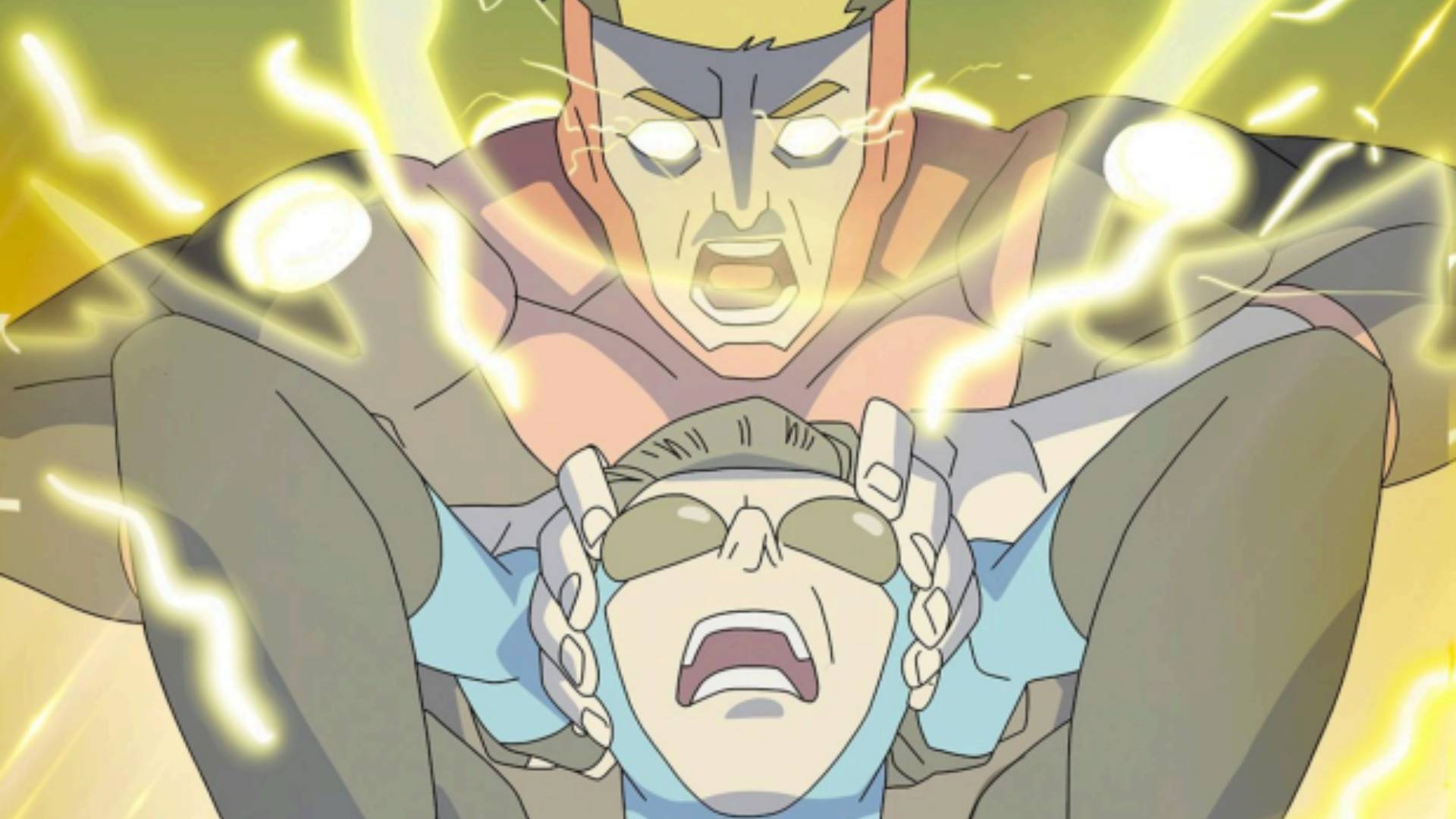
And shortly before his death, we see him confront his former identity.
When Adar dons GaladrielsRing of Power, his scars heal and he returns to his original, Elvish appearance.
But when Galadriel asks him for his Elvish name, he replies that its a meaningless name.
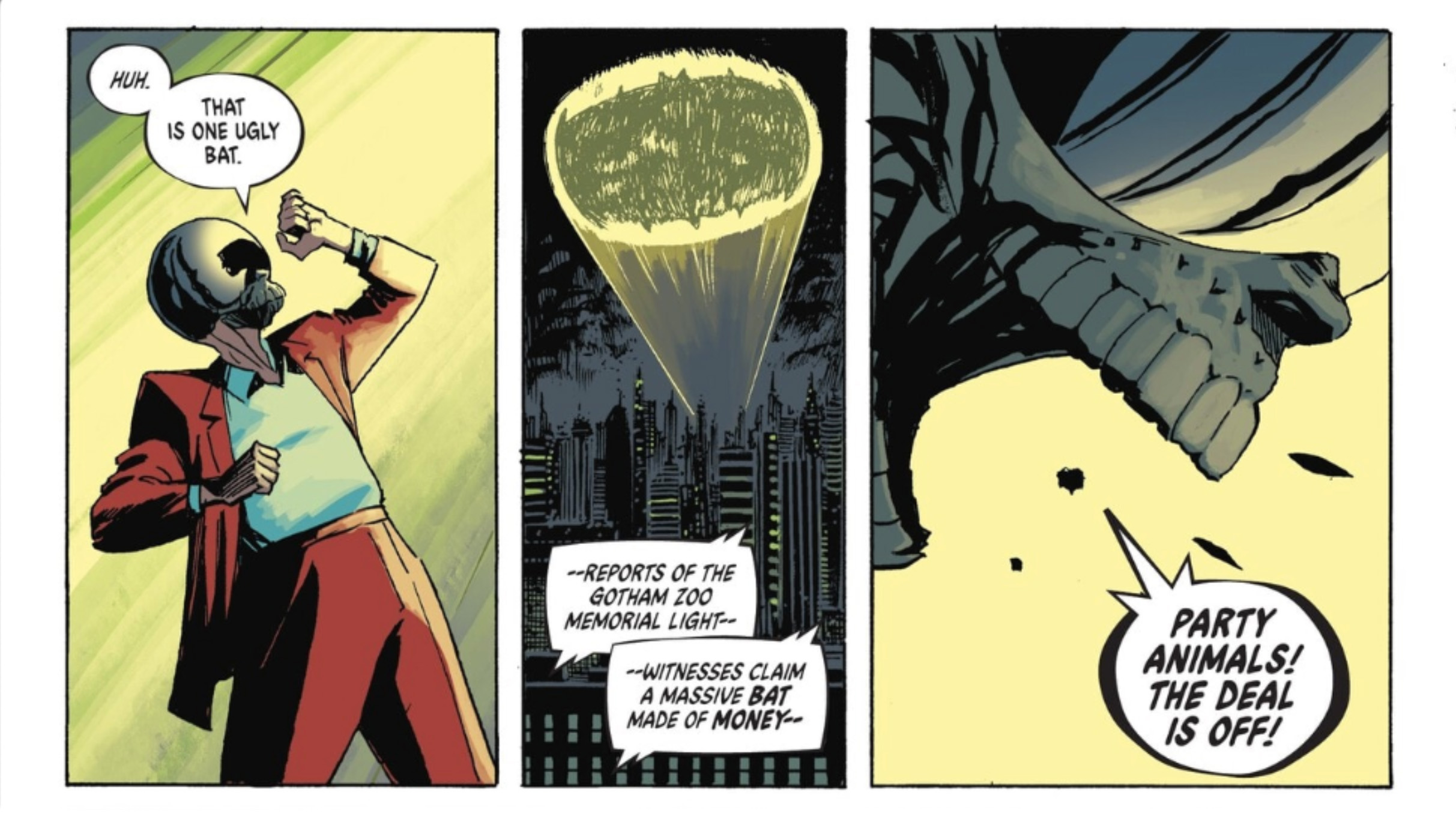
A name I was given."
He now identifies solely as Adar, father of the orcs.
He then does something notably impressive, surrendering the ring for strategic (and arguably moral) purposes.

Suggesting that they form an alliance, he promises to withdraw his army to Mordor once Sauron is defeated.
Let this ring heal the rift between elf and orc, he says.
Let us create a lasting peace in Middle-earth.

So maybe Adars manifesto for Orcish peace was overly optimistic.
His plan was destined for failure, and that destiny was written into his role from episode one.
For more on the fantasy show, read our guide toThe Rings of Power season 3.

